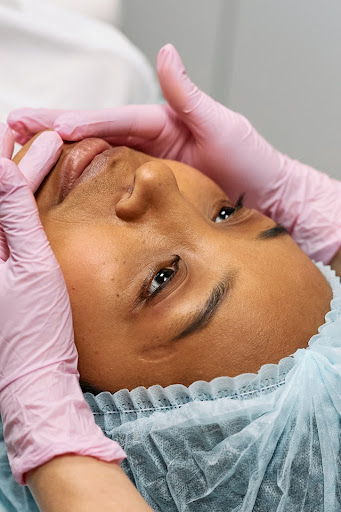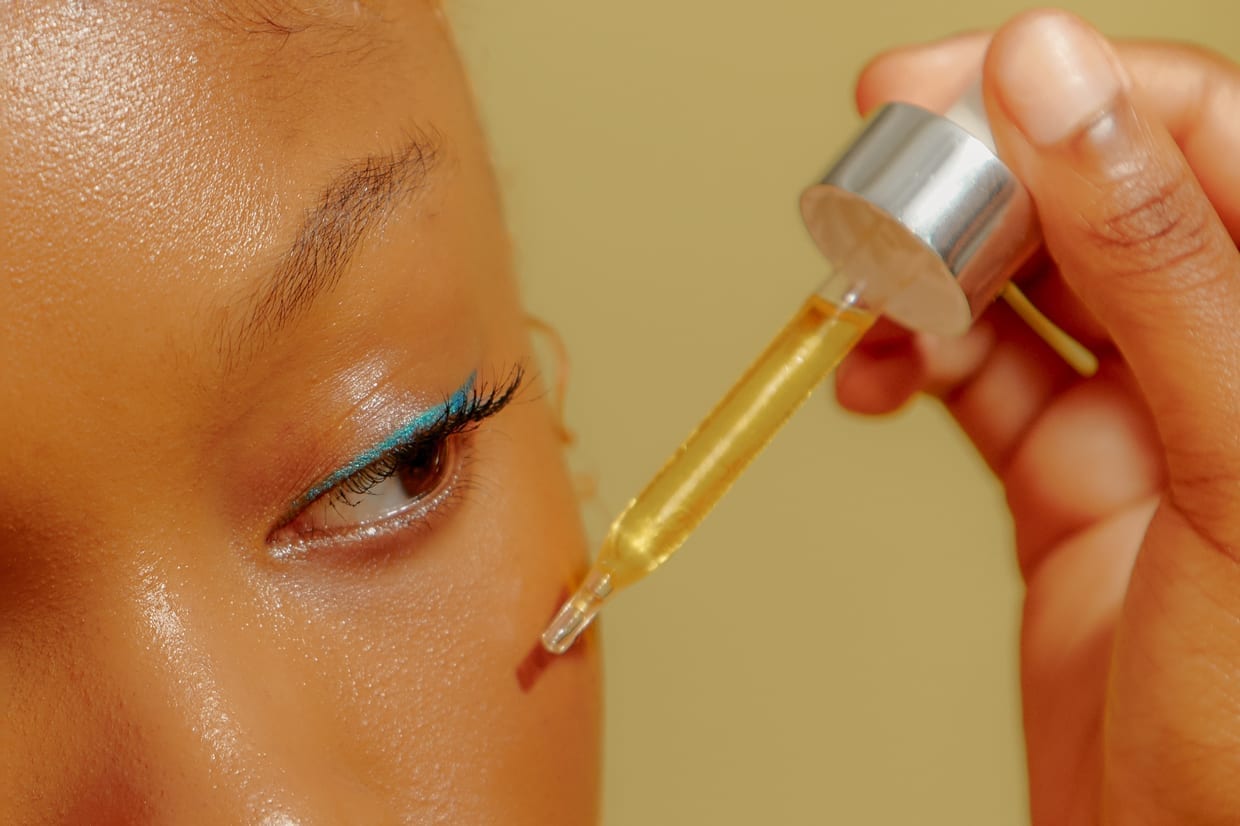Each season Skincare with it a different set of environmental conditions which can have an impact on your skin. If you want to give your skin the best care, you should adjust your skincare routine according to the seasons.
In summer, dark patches, oily skin or dry skin and rushes are the worst things you can do to your skin.
We will share with you some tips for summer skincare that will help you to better cope with the hot months of the year. Make it more radiant throughout the summer.
We believe that health and beauty are interconnected, so these dermatologists’ summer skincare tips won’t just focus on skin beauty. Some are meant to remind you about basic skin care tips that many people don’t remember or forget over time.
1. Check for Moles
It is important to have a full body exam every now and then, especially if your beach addiction is severe. Your doctor will examine moles and marks to see how they change over time. This will help you determine how much sun exposure you need, based on your skin condition. You will feel more secure and enjoy the summer if you know that you have no melanoma. Keep those moles under control to avoid future problems.
If a mole grows or changes in appearance, you should always consult your dermatologist.
2. SPF Minimums
It may seem obvious to wear sunscreen during the summer, but knowing what minimum SPF is required to avoid skin problems can be difficult.
The FDA (Food and Drug Administration), however, recommends SPF 15 or higher to protect against skin cancer. However, the European Academy of Dermatology and Venerology and the American Academy of Dermatology both recommend SPF 30.
To prevent dark spots and photoaging of the skin, we recommend using SPF 50+ every time you’re exposed to sunlight, not just on the beach.
This entry will help you determine your skin type .
Related: Which Factors Are Very Important For Human Skin Care?
3. Apply Sunscreen 15 or 30 minutes before sun exposure and reapply every 2 hours
Apply sunscreen to your skin before you go out in the sun to allow it to penetrate and form an invisible shield.
The SPF number is based on the protection provided by sunscreen for two hours. There’s no guarantee that it will be as effective after this time.
We also recommend that you reapply sunscreen after swimming. Today, most sunscreens are resistant to water. This means that you can play in the water or do sports longer without worrying about burning your skin. Once you have dried your skin and returned to the towel, it’s best to reapply the sunscreen in case any of the cream washed off.
4. Keep in the Shade
Bring an umbrella to the beach or find shelter if you plan on spending a whole day there. Sunlight has many health benefits, but it’s not healthy to spend hours in the sun. Bring an umbrella or find shelter under a beach bar or a tree if you plan to spend a lot of time at the beach. We aren’t just concerned about sunburn; extra care must be taken to avoid sun-induced wrinkles or dark patches.
5. After the Beach, moisturize your skin
The sun, sand and salty waters can dehydrate the skin. After showering, apply a body lotion or face moisturizer to compensate for these drying effects.
6. Showers are a great way to cool off
Warm or cool water is better for your skin than hot showers. Cool water also improves blood circulation and the microcirculation of skin. Overall, lowering the temperature of the water has many benefits for your skin and body.
7. After outdoor exercise, change your clothes
A microenvironment is created when you wear wet or sweaty clothes for an extended period of time. This can lead to skin rashes, or even a condition known as folliculitis. In this case, the skin follicles become infected causing inflammation and red bumps around the follicle. It is easy to prevent folliculitis by washing and changing your clothes after a sweaty activity.
8. Revitalize skin at least once a week
Revitalizing Masks are fantastic tools to restore skin balance, add extra moisture and improve skin elasticity. Select a mask to help repair and strengthen your skin barrier. The skin barrier is important for maintaining the balance of the skin and protecting it from external stressors such as bacteria, pollution, ROS etc. The skin barrier may weaken from excessive sun exposure. Using a mask every week to boost its recovery will improve the texture and appearance of your skin.
9. Antioxidants
Free Radicals are produced by UV radiation. These elements can damage tissues and prematurely age the skin (you may learn more about how free radicals function by clicking here). Antioxidants can help protect your skin from the damaging effects of free radicals. Antioxidants are found in all foods that contain vitamin C. Ascorbic Acid in its cosmetic form will also do the trick. It will directly reach your skin and prevent photoaging. Serums that scavenge free radicals and peptides to scavenge them can be extremely helpful. To prevent Oxidative Stress you must take every precaution. Antioxidants can slow skin aging.
10.Repair your skin after sun damage
This tip is best followed in the fall. You may have avoided any damage to your skin, but this sounds like a dream. After summer, we usually find that our skin is drier and more uneven. Fall is the perfect time for a facial. Enjoy a soft peel that will renew your skin, and fade dark spots. After the beach season is over, let your aesthetician pamper your skin!
Read more:




